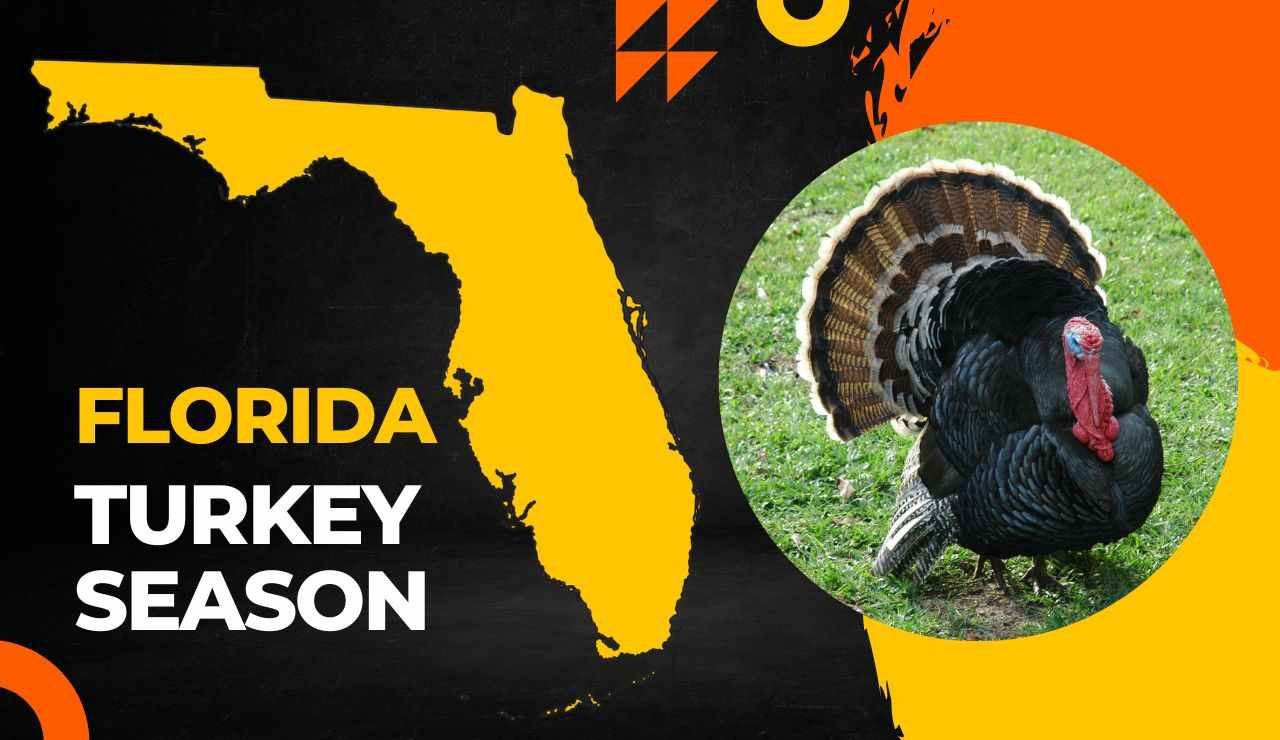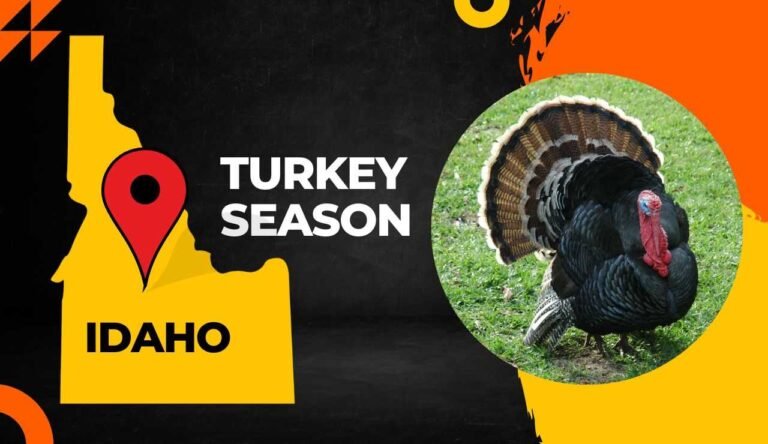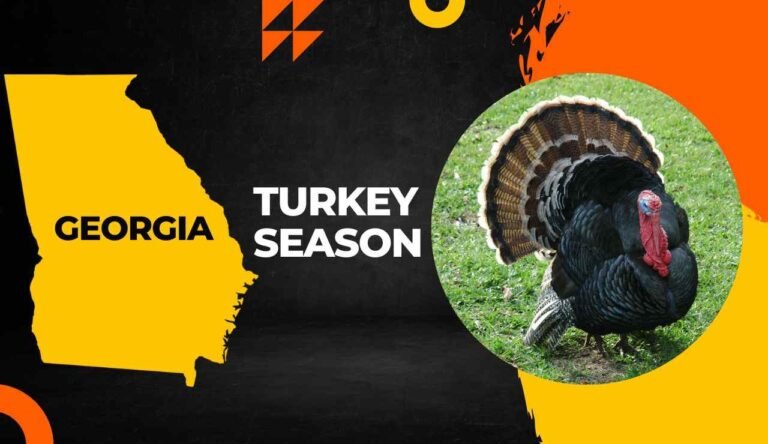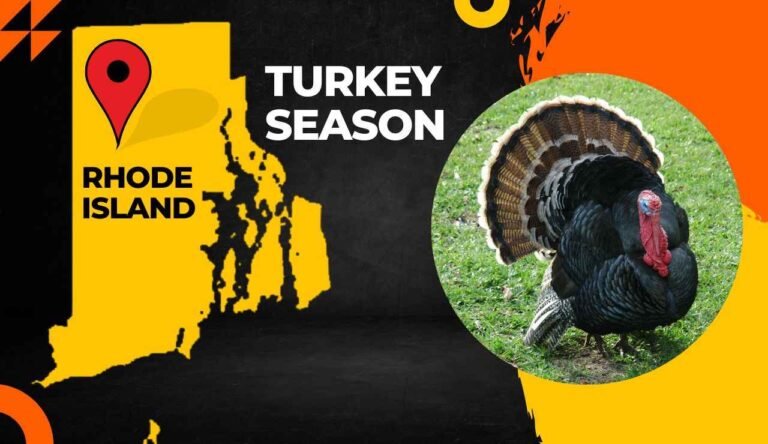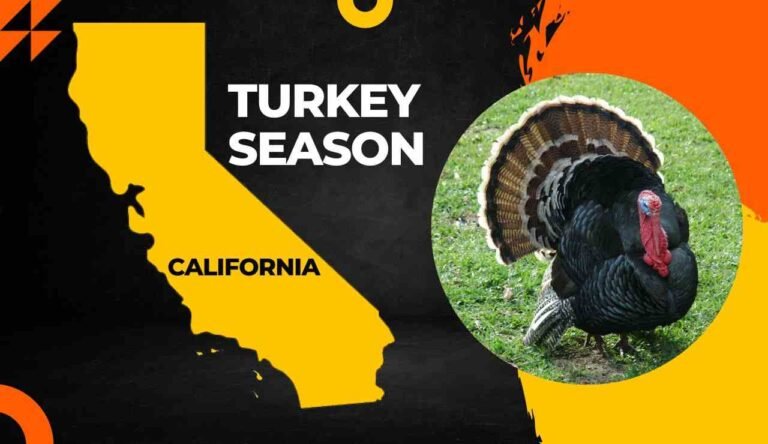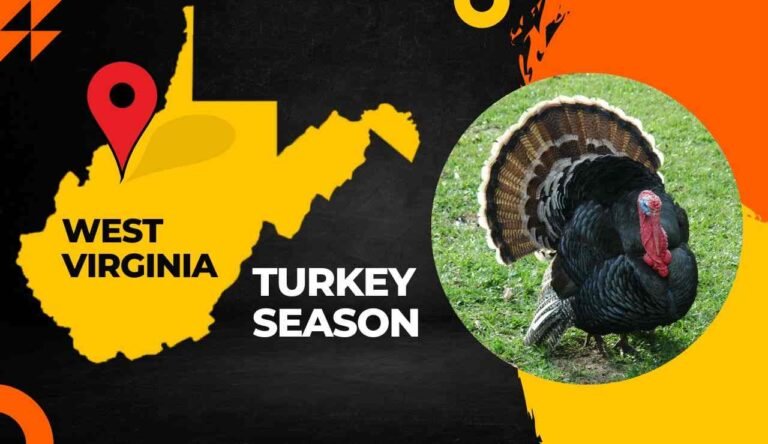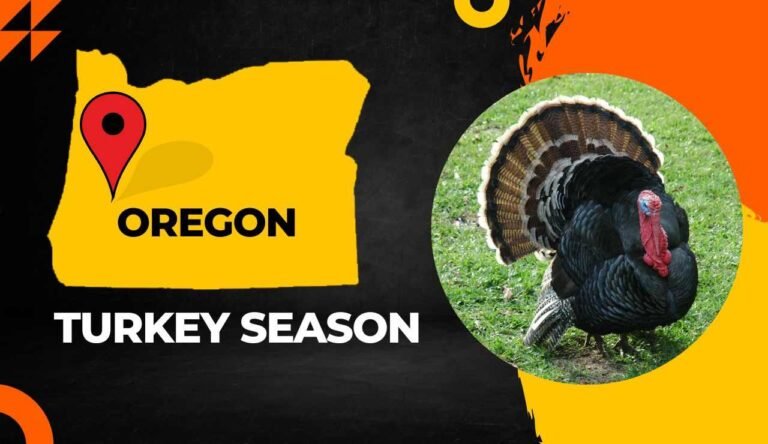Florida Turkey Season 2025-2026: Latest Hunting Dates, Licenses & Rules Available!
If you’re planning to chase gobblers across the palmetto flats and cypress swamps this year, you’ve landed in the right place. Whether you’re after the elusive Osceola or targeting Eastern birds in the northern counties, understanding when and where you can hunt makes all the difference between a successful trip and a frustrating one. Let’s dive into everything you need to know about the 2025-2026 wild bird pursuit opportunities across the Sunshine State—from precise dates and zone boundaries to licensing requirements and expert tips.
Quick Reference: Key Season Dates at a Glance 📅
Before we get into the weeds, here’s a snapshot of what’s coming up for gobbler enthusiasts this year:
| Season Type | Location | Opening Date | Closing Date | Legal Methods |
|---|---|---|---|---|
| Fall Archery (Zone A) | Zone A | August 2, 2025 | August 31, 2025 | Bow only |
| Fall Crossbow (Zone A) | Zone A | August 2, 2025 | September 5, 2025 | Crossbow, bow, airbow |
| Fall General (Zone A) | Zone A | October 6, 2025 | January 4, 2026 | All legal firearms |
| Fall General (Zone B) | Zone B | December 6, 2025 | February 1, 2026 | All legal firearms |
| Fall General (Zone C) | Zone C | November 1, 2025 | December 28, 2025 | All legal firearms |
| Fall General (Zone D) | Zone D | November 27, 2025 | January 18, 2026 | All legal firearms |
| Youth Spring (South of SR 70) | South Region | February 27, 2026 | March 2, 2026 | All legal methods |
| Youth Spring (North of SR 70) | North Region | March 13, 2026 | March 16, 2026 | All legal methods |
| Spring General (South of SR 70) | South Region | March 7, 2026 | April 12, 2026 | All legal methods |
| Spring General (North of SR 70) | North Region | March 21, 2026 | April 26, 2026 | All legal methods |
Breaking Down All Wild Bird Seasons: Zone by Zone 🗺️
The Sunshine State divides opportunities into four distinct management zones (A, B, C, and D), each with its own calendar. Here’s the complete breakdown:
Fall Opportunities Across All Four Zones
| Zone | Archery | Crossbow | Muzzleloader | General Fall |
|---|---|---|---|---|
| A | Aug 2-31, 2025 | Aug 2 – Sept 5, 2025 | Sept 6-19, 2025 | Oct 6-19, Nov 22, 2025 – Jan 4, 2026 |
| B | Oct 18 – Nov 16, 2025 | Oct 18 – Nov 21, 2025 | Nov 22 – Dec 5, 2025 | Dec 6, 2025 – Feb 1, 2026 |
| C | Sept 13 – Oct 12, 2025 | Sept 13 – Oct 17, 2025 | Oct 18-31, 2025 | Nov 1 – Dec 28, 2025 |
| D | Oct 25 – Nov 26, 2025 | Oct 25 – Nov 26, Dec 1-5, 2025 | Dec 6-12, 2025 | Nov 27-30, Dec 13, 2025 – Jan 18, 2026 |
Daily Bag Limit (Fall): 2 birds
Season Limit (Fall): 2 gobblers or bearded birds for all fall opportunities combined
Spring Opportunities: The Prime Time 🌸
Spring is when most serious hunters hit the woods. The state splits spring dates based on State Road 70, which roughly divides the range of the two subspecies found here.
South of State Road 70 (Osceola Territory):
- Youth Hunt: February 27 – March 2, 2026 (4-day weekend)
- General Opening: March 7, 2026
- Final Day: April 12, 2026
North of State Road 70 (Eastern Bird Range):
- Youth Hunt: March 13-16, 2026 (4-day weekend)
- General Opening: March 21, 2026
- Final Day: April 26, 2026
Daily Bag Limit (Spring): 2 birds
Season Limit (Spring): 2 gobblers or bearded birds for all spring opportunities combined
Important Note: Only gobblers and bearded birds (regardless of sex) may be harvested. Hens are completely off-limits.
Understanding the Subspecies: Eastern vs. Osceola 🦃
Here’s something cool—the Sunshine State is one of the few places where you can pursue two distinct subspecies. The Eastern wild bird dominates the northern counties, while the Osceola (also called the “Florida” bird) reigns supreme in the central and southern portions of the state.
State Road 70 serves as the unofficial dividing line, which is why spring dates differ above and below this boundary. Osceola birds are considered one of the four subspecies needed to complete a “Grand Slam,” making them highly sought after by out-of-state hunters. If you’re chasing a slam, you’ll want to focus your efforts south of SR 70 during the March-April window.
I remember my first Osceola hunt near Lake Okeechobee—those birds are tough. They’re not as vocal as their northern cousins, and the thick palmetto scrub makes calling them in a real chess match. But when that long-bearded tom finally struts into range? Absolutely worth it.
Zone Maps and Boundaries 🧭
Knowing which zone you’re in is critical. Here’s the basic breakdown:
- Zone A: Generally the northern panhandle counties
- Zone B: Central panhandle, some north-central counties
- Zone C: North-central to central peninsula
- Zone D: South and southwest regions
The Florida Fish and Wildlife Conservation Commission (FWC) provides detailed zone maps on their website. I highly recommend downloading these maps or picking up a printed regulations handbook—cell service can be spotty in prime bird habitat, and you don’t want to accidentally hunt the wrong zone.
What About Other Game Birds? 🕊️
While gobblers steal the show, don’t forget about other feathered opportunities:
Quail Season
- Dates: November 8, 2025 – March 1, 2026 (Statewide)
- Daily Bag: 12 birds
- Possession Limit: 24 birds
- Methods: Rifles, shotguns, pistols, muzzleloaders, air guns, crossbows, and bows
Quail hunting has seen a resurgence on managed properties and WMAs. If you’re already out for spring gobblers in March, you can still pursue bobwhites on the same trip.
Migratory Birds (Doves, Ducks, etc.)
These fall under federal regulations and require a separate Migratory Bird Permit (no cost when purchasing your hunting license). Waterfowl dates vary, but dove opportunities typically run from September through January with split periods.
Key Regulations You Must Know 📋
Let’s talk rules—because nobody wants a citation when they’re out having fun:
- Harvest Reporting Required: All harvested birds must be reported within 24 hours via the FWC’s online system or mobile app. This is non-negotiable.
- No Shooting on the Roost: You must wait until birds fly down and begin moving. Shooting them while they’re roosted is illegal and unethical.
- 100-Yard Rule: Stay at least 100 yards away from any game feeding station with feed present.
- Tagging: Although a physical tag isn’t required to be attached, you must possess a valid permit and be prepared to show it to law enforcement.
- Method Restrictions During Early Seasons:
- Archery only during archery-specific dates
- Crossbow, bow, or airbow during crossbow periods
- Muzzleloader, crossbow, bow, or airbow during primitive weapon periods
- All legal methods during general and spring opportunities (shotguns, rifles, pistols, muzzleloaders, pre-charged pneumatic air guns, crossbows, bows)
- Wildlife Management Areas (WMAs): Many WMAs have different rules, quota permits, or specific dates. Always check individual WMA regulations before hunting public land.
- Youth Hunt Supervision: Hunters 15 years old and younger must be supervised by an adult (18+). Adults can call and participate but cannot shoot during youth-only weekends.
License and Tag Fees 2025-2026 🎟️
Here’s what you’ll need to open your wallet for:
Residents:
- Annual Hunting License: $17.00
- Annual Wild Bird Permit: $10.00
- 5-Year Permit: $50.00
- Management Area Permit: $26.50 (required for most WMAs)
- Migratory Bird Permit: No cost (available when purchasing hunting license)
Non-Residents:
- Annual Hunting License: $151.50
- 10-Day Hunting License: $46.50
- Annual Wild Bird Permit: $125.00
- Management Area Permit: $26.50
Special Package Deals:
- Resident “Everything You Need” Package: Approximately $65.50 (includes hunting license + bird permit + other essentials)
- 5-Year Gold Sportsman License: $250 (available Sept 9 – Dec 31, 2025)—covers hunting, fishing, and several permits
Where to Buy: Purchase licenses online at GoOutdoorsFlorida.com, or visit any license agent or county tax collector’s office.
For those hunting similar game in neighboring states, you might also be interested in checking out Alabama’s season dates if you’re planning a multi-state trip.
License Requirements: Who Needs What? 📝
Exemptions:
You don’t need a license if you’re:
- A resident 65+ years old (born on or before June 1, 1960) hunting on your own property
- On active military duty stationed in the state
- Hunting on your own land (residents only)
- A resident disabled veteran (certain qualifications apply)
Required for Everyone Else:
- Valid hunting license (resident or non-resident)
- Valid wild bird permit
- Hunter Safety Certification (if born on or after June 1, 1975)
- Management Area Permit (if hunting WMAs)
- Specific quota permits for certain WMAs
Pro Tip: Keep your licenses on your phone via the Fish|Hunt FL app. It’s accepted statewide and saves you from fumbling with paper permits in the field.
Frequently Asked Questions 🤔
Q: Can I hunt both fall and spring on the same permit?
Yes! Your annual permit is valid for the entire license year (July 1 – June 30). However, remember your season bag limits—2 birds total for all fall opportunities combined, and 2 birds total for all spring opportunities.
Q: What’s the difference between the youth hunt and regular opener?
Youth hunts (ages 15 and under) get a 3-4 day head start before the general crowd. Adult supervisors can call and assist but cannot harvest birds. It’s expanded to four days now (Friday through Monday), giving young hunters a better chance at success.
Q: Do I need a quota permit for WMA hunts?
Some WMAs require quota permits (limited entry), while others are first-come, first-served with just a Management Area Permit. Check the specific WMA brochure on the FWC website before planning your hunt. Popular areas like Green Swamp and Three Lakes often require quota applications.
Q: Can non-residents hunt without a guide?
Absolutely. Unlike some western states, there’s no guide requirement. You just need the appropriate non-resident licenses and permits. That said, hiring a guide can dramatically increase your odds, especially if you’re chasing an Osceola for your Grand Slam.
Q: What shotgun loads are recommended?
Most hunters prefer 12-gauge with #4, #5, or #6 shot. TSS (tungsten super shot) loads in smaller sizes like #7, #8, or #9 have become incredibly popular for their extended range and dense patterns. Whatever you choose, pattern your gun before opening day—you owe it to the bird.
Q: Are decoys legal?
Yes, decoys are legal for wild bird hunting. Jake and hen decoys can be extremely effective, especially during spring when toms are breeding. Just make sure you’re wearing blaze orange when moving them to avoid being mistaken for game by other hunters.
Q: When’s the best time to hunt?
Early morning right after fly-down is prime time. Birds are vocal, looking for hens, and actively moving. The last hour before sunset can also be productive as birds head back to roost. Midday hunting can work, especially during spring when toms are searching for receptive hens.
Wrapping It Up 🌾
Whether you’re a resident looking to fill your freezer or a traveling hunter chasing that coveted Osceola for your Grand Slam, the Sunshine State offers incredible opportunities from August through April. With two distinct subspecies, four management zones, and both fall and spring seasons, there’s something here for every style of hunter.
Remember to plan ahead, especially for popular WMAs that require quota permits. Study your zones, respect the regulations, and always report your harvest. And if you’re new to hunting this species, consider starting with the youth mentorship programs—they’re a fantastic way to learn the ropes and give back to the next generation.
For hunters looking to expand their pursuits to other regions, you might find value in exploring Arizona’s opportunities or Nebraska’s hunting framework for different subspecies and terrain challenges.
Good luck out there, and may your calls be answered!
⚠️ Official Disclaimer
While this guide is thoroughly researched and based on the most current information available as of October 2025, regulations can change. Always verify dates, bag limits, and zone boundaries directly with the Florida Fish and Wildlife Conservation Commission (FWC) before heading afield. Check specific Wildlife Management Area brochures for any additional restrictions or quota requirements. The official FWC website and printed regulations handbook are your definitive sources for legal compliance.
- Louisiana Turkey Season 2026: LA Turkey Hunting [Dates, Regulations, Licenses & More] - January 5, 2026
- Kentucky Turkey Season 2026: Latest Hunting Dates, Regulations & Licenses! - January 5, 2026
- Kansas Turkey Season 2026-2027: Latest Dates, Licenses, and Regulations Now Available! - January 3, 2026
